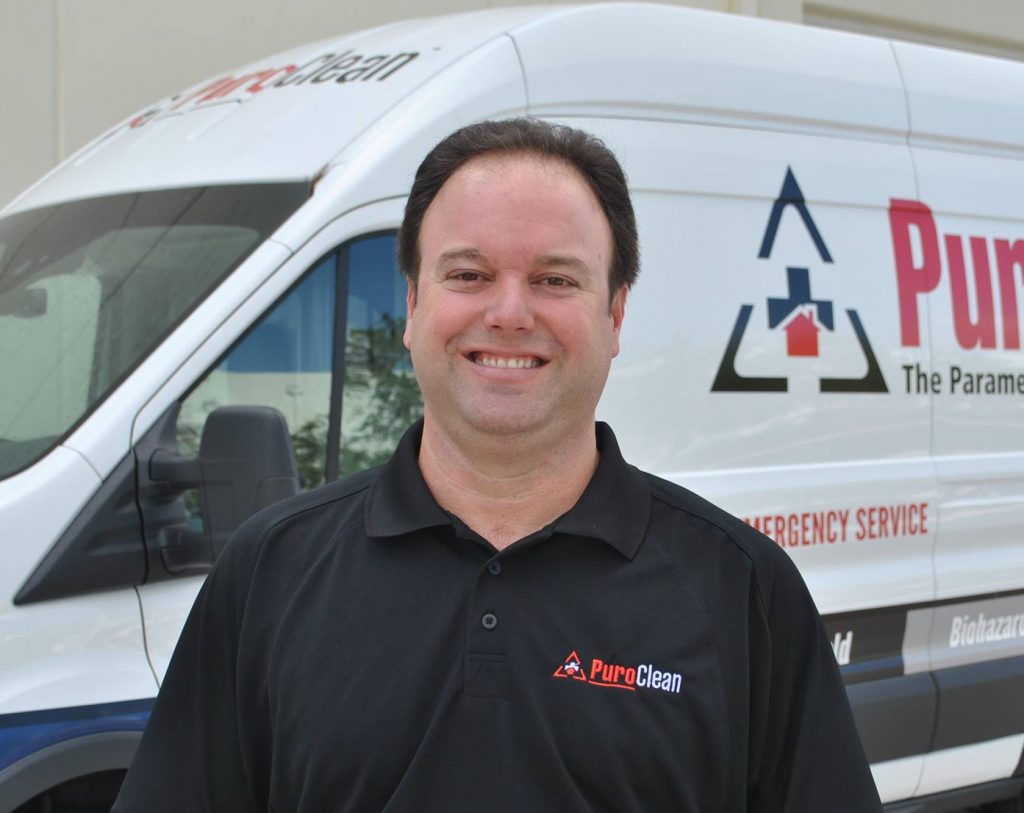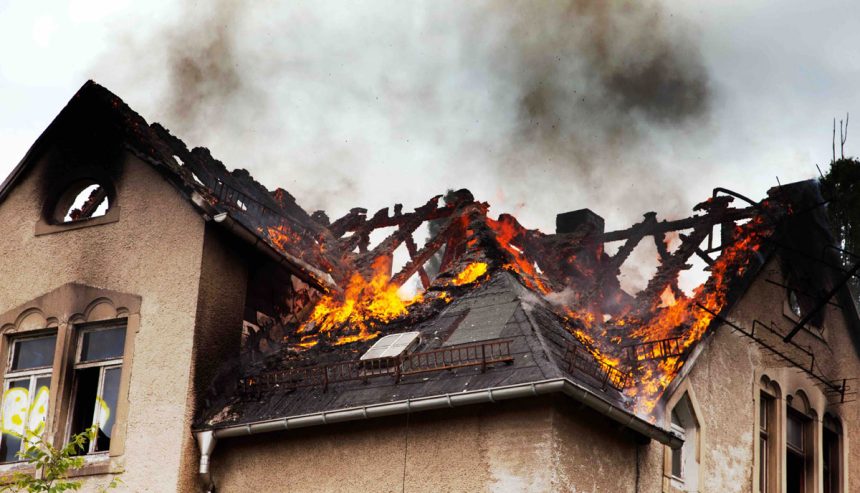If your house burns down, the immediate chaos involves ensuring safety, contacting emergency services, and notifying your insurance company. Financially, you’ll deal with claims for rebuilding, temporary housing, and lost belongings, while emotionally, it can be overwhelming. Recovery includes salvaging items, finding shelter, and rebuilding, often taking months or years. With proper insurance and support, you can bounce back stronger.
Table of Contents
Picture this: You’re jolted awake by the piercing wail of a smoke alarm, flames licking the walls, and thick smoke choking the air. In that heart-pounding moment, the question “what happens if your house burns down” becomes your harsh reality. House fires are more common than you’d think, according to the U.S. Fire Administration, there were over 344,600 residential fires in 2023 alone, causing billions in damage and thousands of lives disrupted. But knowing the steps can turn devastation into a path forward. In this post, we’ll dive deep into the aftermath, drawing from real experiences and expert advice to guide you through survival and recovery.
I’ve talked to survivors who’ve lost everything in a blaze, and their stories are gut-wrenching yet inspiring. One family I know watched their dream home reduced to ashes in a wildfire, but with grit and the right resources, they rebuilt. Let’s break it down step by step, so if the worst happens, you’re prepared.
Immediate Aftermath: What Happens Right After Your House Burns Down?
Prioritize safety, evacuate immediately, call 911, and stay out until authorities declare it safe. Then, contact family, secure temporary shelter, and notify your insurer.
The first moments after a house fire are pure adrenaline. If your house burns down, your top priority is getting everyone out alive. Don’t grab valuables; lives come first. Once outside, dial 911 and let firefighters handle it. Even if the flames are out, lingering dangers like structural collapse or toxic fumes make re-entry risky.
According to the American Red Cross, you should give first aid for burns, inform loved ones you’re safe, and avoid exposed food or medications that could be contaminated. In 2025, home fire fatalities have already hit 1,201 reported cases by mid-July, underscoring why safety protocols save lives.
What if no one’s hurt but the house is gone? Focus on basics—find a hotel or stay with relatives. Many policies cover “loss of use” for temporary living expenses.
Dealing with Insurance: Does Coverage Kick In If Your House Burns Down?
Yes, standard homeowners insurance covers fire damage, including rebuilding costs, personal property, and additional living expenses, file a claim ASAP.
Insurance is your lifeline when pondering what happens if your house burns down. Most policies cover the rebuild up to the dwelling limit, not just your mortgage balance. As one Reddit user wisely noted, insure for replacement cost, not market value, to avoid shortfalls.
Contact your agent immediately after the fire. They’ll guide you through documenting damage, take photos, list lost items, and keep receipts for expenses. Expect an adjuster to inspect the site within days.
But beware: If arson is suspected and you’re implicated, coverage could be denied, leading to legal troubles. Always cooperate with investigations.
What if I don’t have insurance? You’re on your own financially, facing massive rebuild costs—average house fire claims top $50,000. Consider FEMA aid for disasters, but it’s limited.
Pro tip: Review your policy annually.
Financial Implications: What Happens to Your Mortgage If Your House Burns Down?
Mortgage payments continue; insurance payouts go toward rebuilding, but you might need to negotiate forbearance with your lender.
Even if your house burns down, that mortgage doesn’t vanish. Lenders require payments, as the loan is secured by the property, not the structure. In wildfire-prone areas like California, this hits hard—think of the L.A. fires where survivors still owed on rubble.
Good news: Insurance often pays the lender directly for rebuilds. Plus, “additional living expense” coverage can foot hotel bills, averaging $30,000 or more depending on your policy.
Stats show: In 2023, fire departments responded to a home fire every 89 seconds, leading to $12.4 billion in property damage. Budget for uncovered costs like deductibles.
Can I walk away? Rarely—foreclosure looms if you default. Talk to your bank; many offer relief post-disaster.
Emotional and Psychological Impact: Coping When Your House Burns Down
Expect grief, anxiety, and stress; seek counseling, lean on community, and focus on small wins for mental recovery.
The emotional toll of what happens if your house burns down is often underestimated. Losing photos, heirlooms, and a sense of security can feel like losing part of yourself. Survivors describe it as a “second fire” burning inside.
One story: A couple I interviewed lost their home to an electrical fire and battled PTSD for months. Therapy helped, as did support groups from the Red Cross.
Kids are especially vulnerable—talk openly about feelings. Resources like FEMA’s disaster distress helpline provide free counseling.
Question: How long does recovery take emotionally?
Answer: Varies, but many feel “normal” after 6-12 months with help.
The Rebuilding Process: Steps to Restore After Your House Burns Down
Secure the site, hire contractors, navigate permits, and rebuild—expect 6-18 months; focus on fire-resistant upgrades.
Rebuilding after a house fire is a marathon. First, board up windows to prevent looting. Then, assess salvageable items—professional cleaners handle smoke-damaged goods.
Hire a public adjuster if claims get tricky; they advocate for fair payouts. Permits and inspections add time, but aim for energy-efficient, fire-smart designs.
Costs? Average rebuild: $150,000-$300,000, depending on size and location.
Question: What about fire damage cleanup?
Answer: Essential to remove soot, water from hoses, and odors—DIY risks health issues. Call (305) 894-4343 for Fire Damage Cleanup.
Link to government guidelines on rebuilding.
Prevention Tips: Avoiding the Nightmare of Your House Burning Down
Install smoke alarms, avoid cooking mishaps (leading cause of fires), and create escape plans—test monthly.
Prevention beats cure. Cooking causes 49% of home fires, so never leave stoves unattended. Wildfires? Clear defensible space around your home.
Question: Best fire safety gear?
Answer: Alarms on every level, extinguishers in key spots, and smart detectors linked to your phone.
For more, visit the National Fire Protection Association.
FAQs: Common Questions About What Happens If Your House Burns Down
Q: How long does it take to settle an insurance claim after a house fire?
A: Typically 30-60 days for initial payout, but full settlement can take months.
Q: What if my house burns down due to a neighbor’s negligence?
A: You might sue for damages, but your insurance covers first—subrogation handles the rest.
Q: Are pets covered in fire insurance?
A: Personal property often includes vet bills, but check your policy.
Q: What happens to utilities if your house burns down?
A: Contact providers to suspend services; avoid bills for a destroyed home.
Q: Can I rebuild bigger or better?
A: Yes, if insurance allows “extended replacement cost” coverage.
Professional Help: Trust PuroClean of Coral Gables for Fire Damage Cleanup
If you’re facing the aftermath of a house fire in South Florida, don’t go it alone. PuroClean of Coral Gables specializes in fire damage cleanup, restoring homes from soot, smoke, and water damage with certified experts. Our 24/7 emergency response ensures quick action to minimize further loss. From board-up services to odor removal and full reconstruction coordination, we have helped countless families rebuild. Call us on (305) 894-4343 for damage assessment. Turn tragedy into triumph with pros who care.
Final Summary: Navigating What Happens If Your House Burns Down
In essence, if your house burns down, it triggers a cascade of safety protocols, insurance processes, financial adjustments, and emotional healing. By following the 10 steps outlined—from evacuation to rebuilding—you can emerge resilient. Remember, preparation and support are key. Stay safe, and if disaster strikes, resources like insurance and services from PuroClean can light the way forward.




